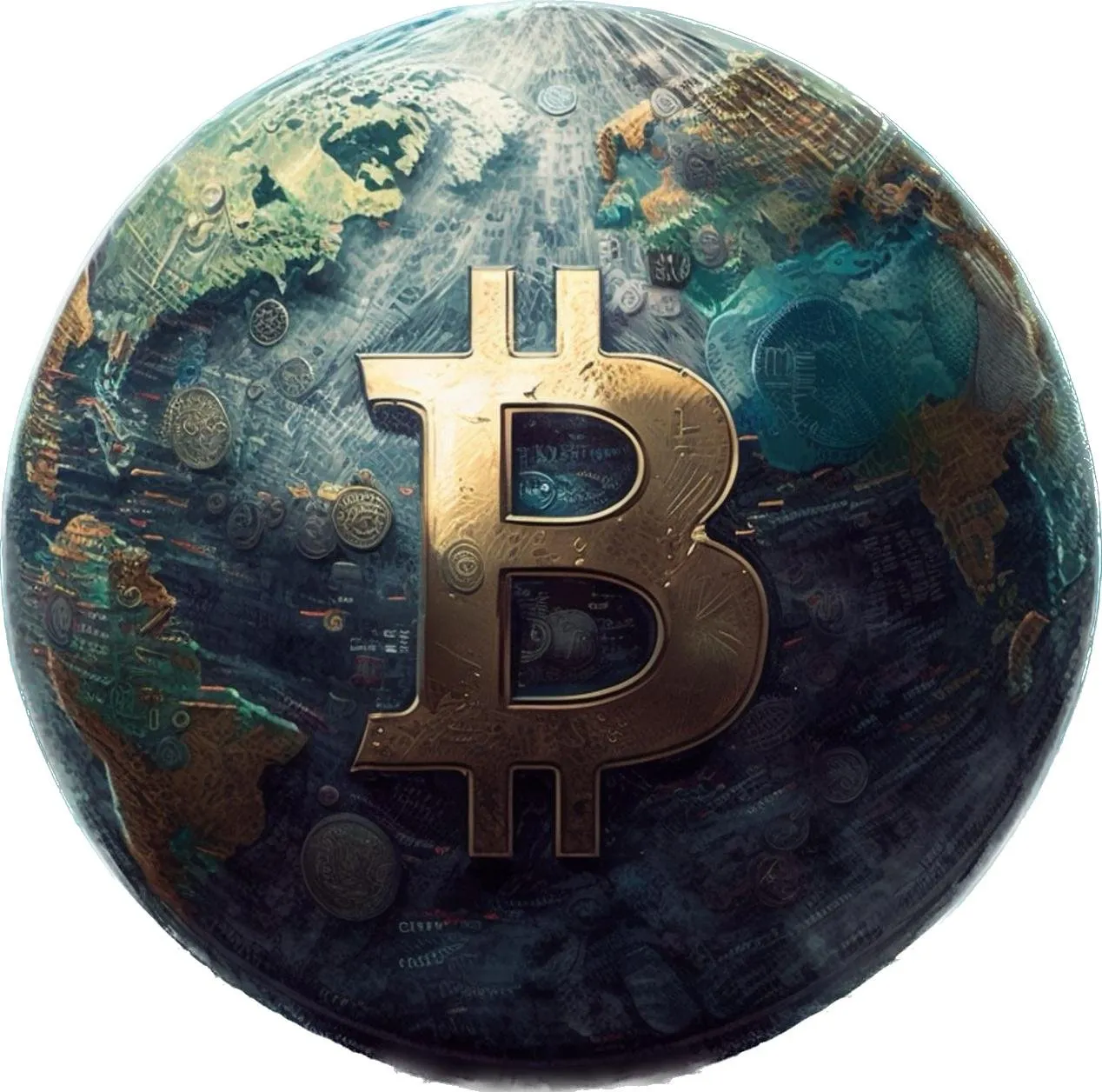Bitcoin, the world's first and most well-known cryptocurrency, has revolutionized the way we think about money and economics. Launched in 2009, Bitcoin operates on a decentralized network that allows for peer-to-peer transactions without the need for intermediaries such as banks or financial institutions. This has led to a number of significant changes in the way the global economy operates.
One of the key ways that Bitcoin has changed worldwide economics is by providing a secure and transparent method of payment that is not subject to the same level of government or financial institution control as traditional fiat currencies. This has made it a popular choice for individuals and businesses that want to avoid the high fees and regulations associated with traditional payment methods.
In addition, Bitcoin has also opened up new opportunities for investment and speculation, with many individuals and institutions buying and holding Bitcoin as a form of digital gold or store of value. This has led to a significant increase in the overall market capitalization of Bitcoin and other cryptocurrencies, which now exceeds trillions of dollars.
However, Bitcoin has also faced significant challenges and criticisms, particularly around its volatility and lack of regulatory oversight. As a result, governments and financial institutions around the world have been grappling with how to integrate Bitcoin and other cryptocurrencies into their existing regulatory frameworks.
Despite these challenges, it is clear that Bitcoin has had a profound impact on the global economy, changing the way we think about money, investment, and economic systems. As the technology continues to evolve and mature, it is likely that we will see even more significant changes in the years to come.